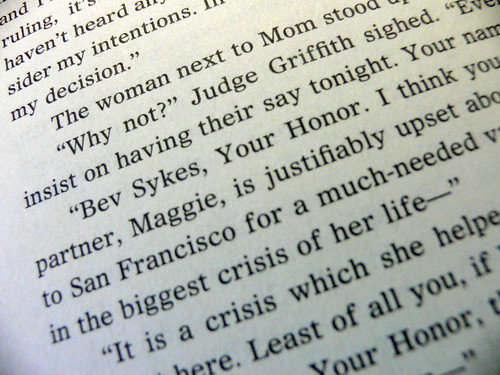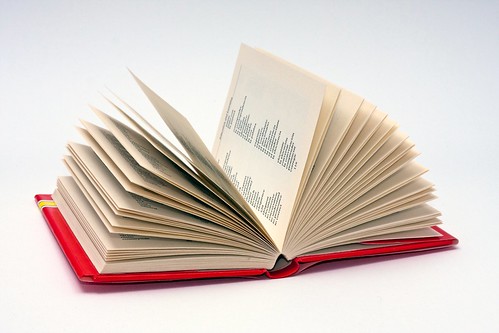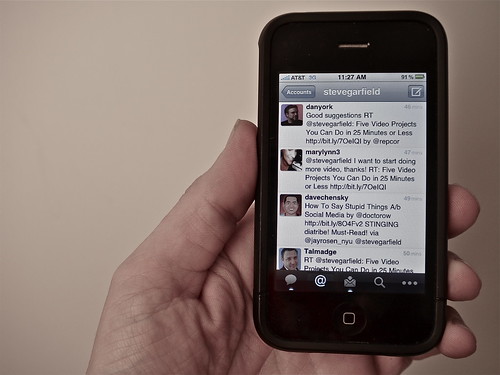Digital books have sparked a self-publishing revolution that allows anyone to become an indie author, and this is what's so fantastic about it. But this is also what's bad about it, because there are a lot of indie books out there. No matter how hard you work on yours, it could easily get swamped in a bunch of books that didn't get the same time and attention. So when you write, when you publish, when you promote, you've got to ask yourself a question: what's different about your book?
The Cheese Stands Alone
Go look for a vampire novel on Amazon -- only wait until you read this blog post. You might be busy doing that for hours, because there are so many to choose from. And if you also write a vampire novel because you love vampires and you've been thinking about them since you were a kid, your book could easily get lost in the shuffle.
You might focus on the fact that it's a vampire novel, like
Twilight and so many other popular novels. You might think this will help you gain readers. But the truth is, because of its popularity there are a ton of
Twilight-like novels out there. It's not enough to mention a popular book and the
genre you write in. It's not good enough for your book to be like another book -- because in many ways, your book is a lot like a
lot of other books out there. That's the nature of the writing business.
So don't tell me how your book is similar to other books. Tell me how it's different. As an indie author, it's your job to make your books stand out. You've got to paint them fluorescent orange, add some new twist, and launch an insane marketing campaign that includes hatching live chickens.
Okay, so no you don't have to do exactly that, but I'm trying to make a point. You have to be unique. You have to stand out. So focus on what makes your book different from all those others, and build your marketing platform around that. You'll have a lot more success with this approach than with telling readers that your book is like someone else's. Give me a great reason to read your book, and that's the best marketing you can do.
























